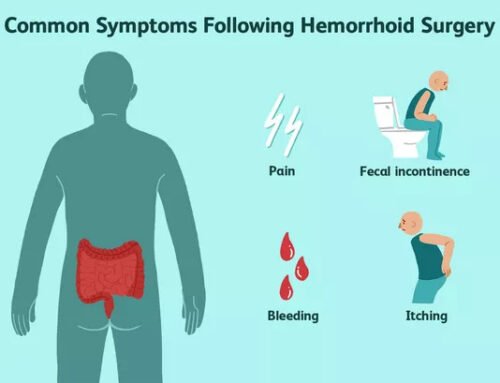
Ways to treat anal cancer
The anus is the hole at the bottom of your intestines through which stool exits the body. Anal cancer is uncommon, but when it does occur, it has the potential to spread to other parts of the body. Some noncancerous forms of anal cancer can progress to cancerous status over time. Anal cancer is a rare type of cancer that begins in the anus, the opening at the end of the rectum.
Types of cancer:
Anal cancer types
There are numerous types of anal cancer, each characterized by the malignant tumor that develops. A tumor is a type of cancerous growth in the body. Tumors are classified as benign or malignant. If left untreated, malignant tumors can spread to other parts of the body.
Tumors include the following:
Benign tumors. Noncancerous tumors are benign tumors. Polyps, skin tags, granular cell tumors, and genital warts are examples of the anus (condylomas).
Precancerous conditions. This term refers to benign tumors that can develop into malignant tumors over time, which is common in anal intraepithelial neoplasia (AIN) and anal squamous intraepithelial neoplasia (ASIN) (ASIL).
Squamous cell carcinoma In the United States, squamous cell cancer is the most common type of Bowen’s disease This condition, also known as squamous cell carcinoma in situ, is distinguished by abnormal cells on the anal surface tissue that have not spread to deeper layers.
Cancer of the basal cell. Basal cell carcinoma is a type of skin cancer that primarily affects sun-exposed skin. As a result, it is a very rare form of anal cancer.
Adenocarcinoma. This is a rare type of cancer that develops from the glands that surround anal cancer.
Symptoms to look out for:
- Bleeding is the most common symptom associated with anal cancer.
- Anal itching can be a symptom of cancer, many people mistake their bleeding and itching for haemorrhoids. This can cause anal cancer to be misdiagnosed.
- Anal discomfort or pressure.
- Discharges from the anus are unusual.
- A lump close to the anus
Alteration in bowel habits
Treatment
Although there is no cure for anal cancer, many people who are diagnosed with it live healthy and fulfilling lives. Depending on your age and the stage of your cancer, your doctor may recommend one of the following treatments, either alone or in combination:
Chemotherapy
Chemotherapy can be used to kill cancer cells while also preventing their growth. It can either be injected or taken orally. Intermittent use of pain relievers may also be necessary to control symptoms.
Surgery
Local resection surgery is frequently used to remove an anus tumor as well as some healthy tissue around it. This procedure is most commonly used for people whose cancer is located in the lower part of the and hasn’t infiltrated too many nearby structures. It is most effective in cancers that are in their early stages and small tumors.
Abdominoperineal (AP) resection is a more invasive surgical procedure. This surgery is reserved for patients who have not responded well to other treatments or who are at the end of their lives. An incision in the abdomen is made to remove the anus, rectum, or parts of the sigmoid colon. Because the entire lower portion of the GI tract is removed during this surgery, the surgeons create an ostomy, which is a connection from the GI tract to the skin. A patient who has an ostomy must collect their stool in an ostomy bag.
Various forms of therapy
Radiation therapy is commonly used to treat many types of cancer, including cancer of an anus X-rays and other forms of radiation are used to kill cancer cells in the body, but they may also kill healthy tissue nearby. This treatment is non-invasive and is typically used in conjunction with other cancer treatments.
Dr. Mukul Patel & Dr. Medha Patel have dedicated their lives to building Shreyas anorectal hospital & research center which is one of the best hospitals for Piles treatment. They are considered wizards in Ksharsutra for Piles therapy which is a painless form of surgery. The center has comprehensive facilities for treating various Ano-rectal diseases such as Anal Stenosis, Rectal prolapse, Anal discharge, Anorectal cancer, etc.




Leave A Comment